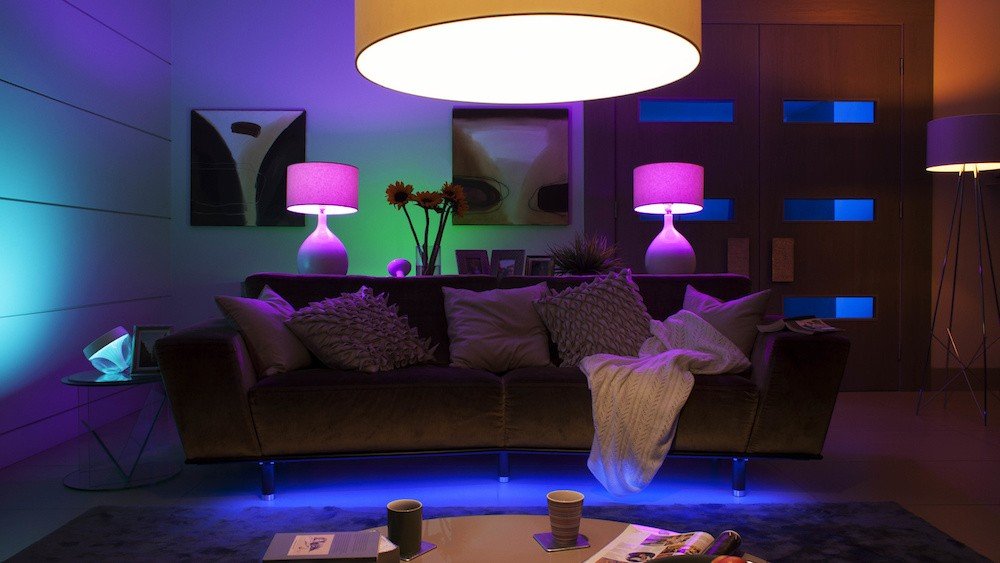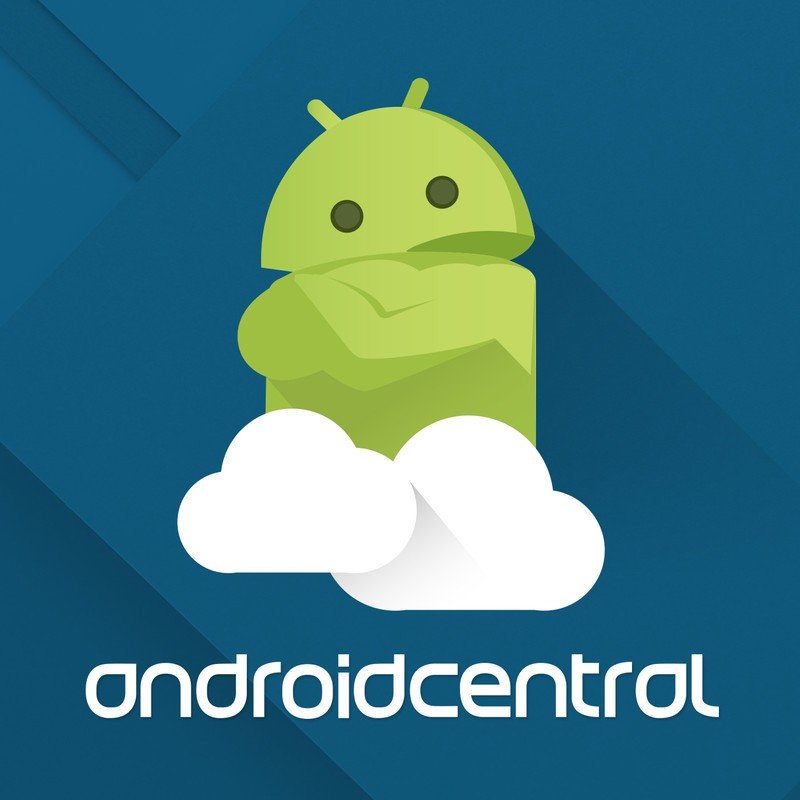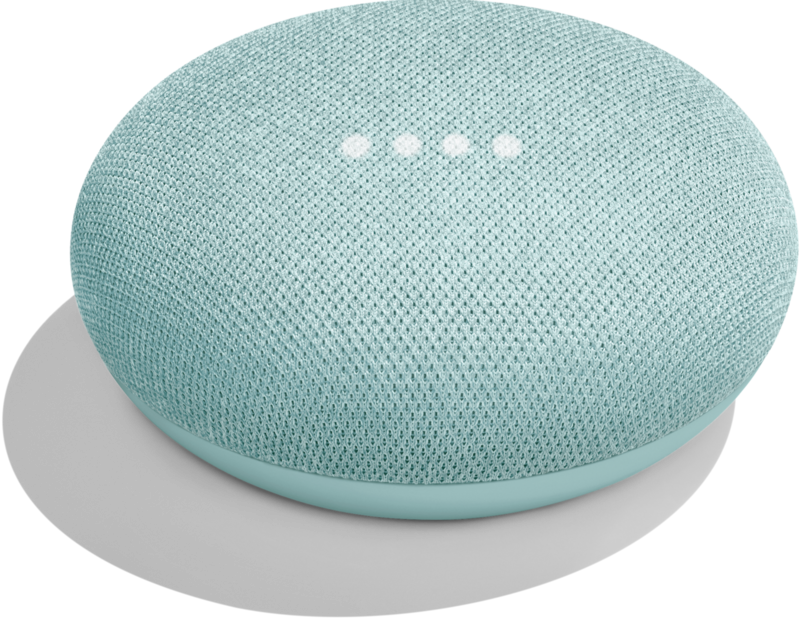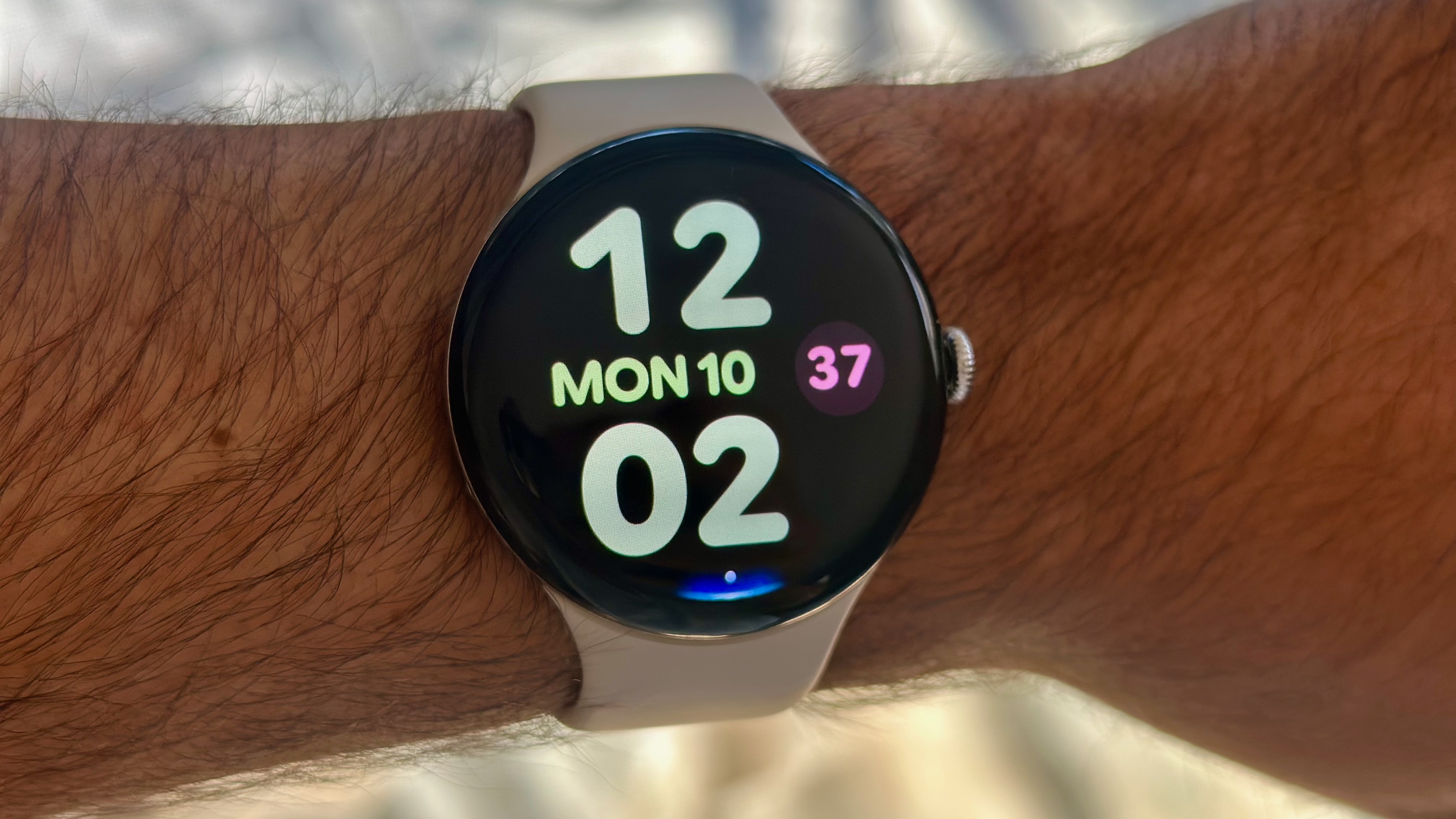Google, Apple, and Amazon join forces in creating new smart home standard

What you need to know
- Amazon, Apple, and Google are pooling resources to create a new standard for smart home technologies.
- 'Project Connected Home Over IP' aims to increase interoperability between different companies' smart home products.
- Better still, it's supposed to be open-source, further reducing the yoke of proprietary standards on our lives.
If you're a fan of smart home products and can't wait to live in a futuristic utopia where everything in your house is 'alive,' Amazon, Apple, and Google may have some good news for you. The folks behind the Echo Dot, HomeKit, and the Nest Mini, respectively, are now working on creating a new standard to regulate smart home technology with the aim of "simplify[ing] development for device manufacturers and increas[ing] compatibility for consumers."
The name of the venture? Project Connected Home Over IP. Super boring, I know. But, hey, at least they have a cute acronym: CHIP. And it's going to be open-source, so hopefully, none of these giants known for trying their best at locking you into their own walled garden can wield undue influence over the standard at the expense of smaller players in the smart home space. To that end, the companies will also be working with the Zigbee Alliance and its constituent members: IKEA, Legrand, NXP Semiconductors, Resideo, Samsung SmartThings, Schneider Electric, Signify (formerly Philips Lighting), Silicon Labs, Somfy, and Wulian.
While exact specifications for the standard have not yet been drawn up, the group aims to make security, reliability, and seamless use the critical tenets of their work. As such, they hope to incorporate support for Wi-Fi, Bluetooth Low Energy, and Thread into the end product, all of which provided implementations of the Internet Protocol (IP). The project's FAQs state that complaint devices will eventually need to support at least one of these technologies, but not necessarily all. In addition, while smart devices compatible with the standard may be able to connect to the internet, they don't necessarily need to do so. The standard also promises to provide end-to-end security and privacy for local communication between two devices.
Unfortunately, while Amazon, Apple, and Google have all committed to continue supporting their existing products, they say their work on the standard will focus on new products, which means current products may be left in the lurch when the standard is eventually released. That may not be too far into the future either, with the group promising a first draft of the standard by late 2020.
Have you listened to this week's Android Central Podcast?

Every week, the Android Central Podcast brings you the latest tech news, analysis and hot takes, with familiar co-hosts and special guests.
Get the latest news from Android Central, your trusted companion in the world of Android


